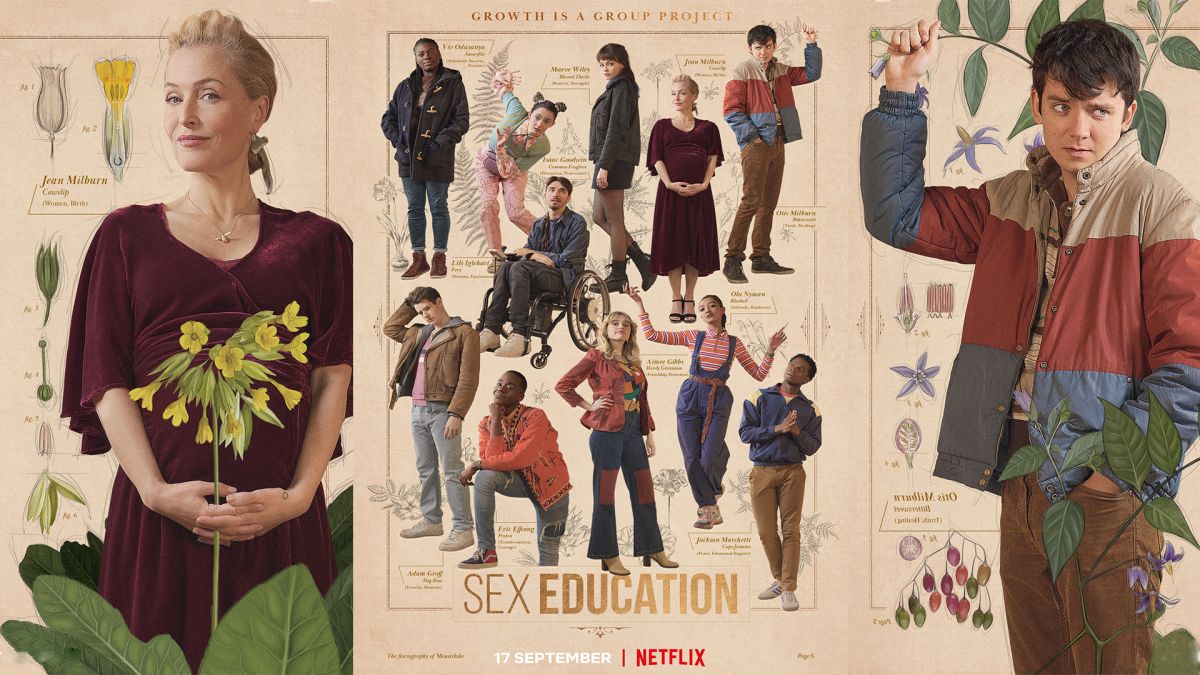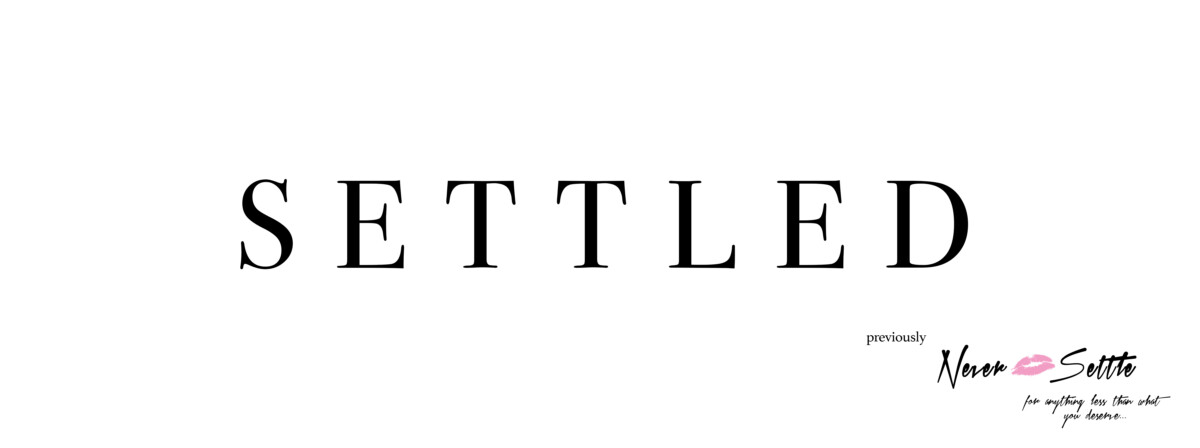
Netflix’s sex-positive series gives teenagers what school RSE is lacking: a proper, real, Sex Education.
Especially so as an adult, sex & relationships blogger and trainee counsellor, I’ve loved watching Sex Education.
I watched the first two seasons when they came out and was eagerly awaiting the third.
Thankfully, I wasn’t disappointed. This season, with it’s well-established characters, pushes even more boundaries and opens up conversations which have been typically reserved for late-night googling – most definitely never explored on a fictional show.
It’s real, it’s raw, it’s funny and I think what makes it so enjoyable is that everyone who watches it can genuinely relate to an issue, or problem explored in the show. The cinematography, 80s feel and soundtrack, US/UK culture mix and film references throughout, keep it feeling fresh and, well, pretty cool.
I genuinely wish Sex Education was around in the early 2000s when I was growing up, instead of having teen-mags and weight/fashion/people shaming content shoved down my throat, usually fear-mongering articles or quizzes about whether or not you’re “hot enough”.

The way Sex Education tackles the topics it presents is responsible, mature and genuine. It’s bold but it’s heartfelt. It doesn’t shy away where other shows might, and it properly focuses on issues head on, without tiptoeing around the more cringey bits.
The topics brought up in the show include:
- Discovery sexuality and gender identity.
- Releasing sex from the taboo which surrounds it, teaching that sex, for all sexualities, can be for pleasure, not for just pro-creating.
- The pill and different forms of contraception in order to practice safe sex.
- Sex and disability.
- Assault and trauma, and how therapy can be helpful to deal and cope with it.
- Masturbation – especially female masturbation which is a huge taboo usually.
- Fashion, style, how we choose to present ourselves to the world to show our individualism.
- The pull-out method and how “it feels better without a condom” is a lazy and disrespectful excuse.
- How vaginas and vulvas don’t all look like how they do in porn – which is incredibly important because there has been a huge rise in labiaplasty surgery in young girls over the last 15 years.
- HIV, how treatment has changed and how it’s manageable and can be undetectable with management now.
- The pressure with relationships, not feeling like you have to do something or say something.
- Love and knowing how you feel, and how important communication is to a relationship.
- Feminism and the importance of equality.
- Normalising sexual fantasies.
- The illegality of homosexuality around the world.
- Money, and how different people have different relationships with money and wealth.
- Self-awareness and emotions, being aware of how we come across and how we are driven by emotions sometimes.
- Owning our mistakes which we make – we are human and flawed.
- Divorce and broken homes, family deaths and dealing with blended families.
- Poo – and how a normal bodily function can be pretty embarrassing.
- Excepting who you authentically are.
Honestly the list goes on and on. The show is so perfect in it’s utter disregard of perfectionism and traditional romanticism. It’s real. It’s real, awkward, weird and wonderful – and absolutely invaluable for teenagers and adults alike.
We see how ignorance and taboo creates fear and confusion
Something which really struck a chord with me, as demonstrated in the TV series, was the idea that keeping children and teenagers ‘innocent’ and ignorant regarding sex and their bodies, can only create confusion and isolation and perpetuate fear.
We see this when new headteacher Hope tries to create a restricted and uniformed school, teaching via outdated fear-mongering videos on abstinence.
In episode 4, Anwar fears that he may have contracted an STI. After watching an 80s-style sex-ed video, he is terrified that he may have HIV, and that he’s going to die of AIDs. The ignorant and outdated view led to existential fear. In this hypothetical situation, if Anwar didn’t have his friends or go to a sexual health clinic – he could have kept this worry to himself and perpetuate anxiety and harm unnecessarily. This led to one of the most important scenes in this series:




I actually didn’t realise that Alix Fox, a sex educator I know, contributed to the writing of Sex Education, particularly this important part about HIV and modern medicine. This information isn’t widely known enough, and having in this huge Netflix show with it’s exposure will no doubt help so many people.
Being able to have an open conversation helps everyone. It helps everyone accept themselves for who they are and keep safe from harm.
I think that’s what Sex Education does best. It keeps teenagers and adults informed and therefore able to make informed choices and keep their own agency. It’s when we are ignorant when things can go wrong.
We have been allowed to be ignorant and hide behind taboo for too long, and I’m so glad that those who watch Sex Education will take away so much more than just a comedy series.
Sex Education Seasons 1-3 are available on Netflix now.

This post is not sponsored and all opinions are my own*

